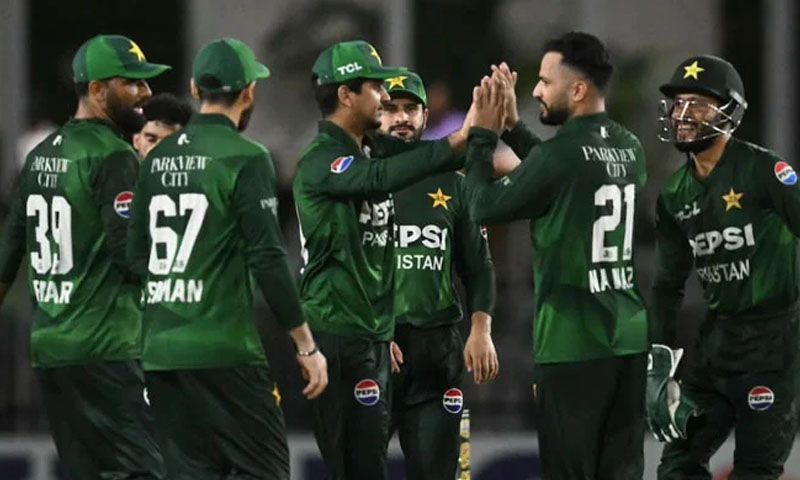- Web
- Feb 10, 2026
Haider Ali rape case: When talking and dining is seen as consent
-

- Maham Khan
- Aug 12, 2025

The arrest of Pakistani cricketer Haider Ali on rape allegations in Manchester sent shockwaves through the local cricketing community. At just 24, Haider was a rising talent with a bright future, yet his career now hangs in uncertainty amid a serious legal case.
While the case itself must proceed through the courts with due process and impartiality, the broader issues it ignites about player discipline, societal attitudes towards women and victim blaming in Pakistan demand serious reflection.
Read more: Rape allegations: Did cricketer Haider Ali violate curfew?
The facts are stark. Haider Ali was arrested by Greater Manchester Police on August 3 following allegations of an incident on July 23 involving a British-Pakistani woman. The investigation is active, with the player granted bail but the seriousness of the allegations casting a long shadow over his career.
The Pakistan Cricket Board (PCB) rightly suspended him pending further inquiries and pledged legal support, while recognising the demands of the UK justice system.
However, beyond legal formalities, the case reveals systemic issues within Pakistan cricket. Haider’s poor disciplinary breaches and the apparent failure of the team officials to monitor his conduct during the tour raise questions about the culture within the sport.
Read more: Pakistan Shaheens’ Haider Ali released on bail following rape allegation
Former wicketkeeper Kamran Akmal’s calls for the PCB to introduce structured education at the National Cricket Academy on discipline, conduct and – critically – the social norms players must navigate abroad, highlight the deficiencies in player management.
It is clear that talent alone is insufficient; cricketers must be equipped to uphold standards befitting their role as national ambassadors.
Police arrest suspects in alleged rape of bank employee in Karachi
Equally urgent is the cultural context the underpins public reaction to such cases. In Pakistan’s deeply patriarchal society, victim blaming remains entrenched, with women’s social interactions – be it dining, conversation, or mere presence – too often misread as consent for sexual advances or an invitation to assault.
This reflects a dangerous misconception and a harmful “rape culture” that silences survivors and obstructs justice. Reports indicating that fewer than 5 per cent of rape cases are actually reported bear testament to how fear, stigma and social backlash continue to suppress victims’ voices.
The hypocrisy is made more painful when juxtaposed with less visible but equally egregious abuses, such as ‘bacha bazi’ (sexual exploitation of boys). Thousands of boys suffer under social invisibility, yet discourse disproportionately targets female victims, perpetuating injustice and reintroducing gendered double standards.
Chinese student gets life in UK for raping women
High-profile cases like Mukhtaran Mai’s long legal battle and Meesha Shafi’s unresolved harassment allegations highlight the persistent systemic obstacles facing survivors.
Despite international attention, progress remains slow in dismantling societal and intuitional barriers.
In the Haider Ali case, social media has rapidly polarised opinion, with many hastily judging the complainant’s credibility based on her social association with the cricketer.
Such premature judgments threaten to derail fair investigations and highlight the need for public education about informed consent and gender sensitivity.
It must be unequivocally stated: socialising, dining, or engaging in conversation with someone never constitutes tacit consent for sexual activity.
Consentmust be explicit, informed, and freely given. Failure to recognise this principle perpetuates cycles of victim blaming and abuse.
Pakistan cricket – and Pakistani society at large – face a critical moment. The sport’s governing bodies need to strengthen disciplinary frameworks and player education, instilling not just sportsmanship but cultural awareness and respect.
Read more: Tiktoker Imsha Rehman’s viral video: Examining treatment of women in Pakistan
Meanwhile, broader societal change must confront patriarchal norms that endanger women and marginalise victims.
Only through such introspection and reform can Pakistan aspire to uphold the integrity of cricket and justice for all its citizens.




